Fussy dogs can bring a lot of joy to our lives, but when they tend to have exaggerated demands or unwanted behaviors, it can be a challenge for owners.
With a little patience and understanding, however, you can wean your dog off fads and give him a balanced upbringing. In this article, we will explore various effective strategies to untrain fussy dogs.
CONTENT:
Why are dogs fussy?
There are several reasons why some dogs may become picky eaters. These behaviors can be influenced by individual, environmental or health factors. Here are some possible reasons:
-
Individual preferences
Just like people, dogs have individual preferences regarding the taste and texture of food. Some dogs can be fussier about certain types of food, and this behavior can vary depending on the dog’s age, breed or previous experiences with food.
-
Health problems
Health problems can influence a dog’s appetite and food preferences. If your dog refuses to eat or suddenly changes eating behavior, you should consult a veterinarian to rule out possible health problems.
-
Environmental changes
Dogs can become picky eaters if exposed to changes in environment or routine. Moving house, the presence of new pets or changes in the feeding schedule can affect the dog’s eating behavior.
-
Overindulgence
When a dog gets lots of treats and snacks between meals, he may become more picky about regular food. If the dog is used to very tasty food, it is possible to refuse the usual food.
-
Stress and anxiety
Stress and anxiety can affect your dog’s appetite. Situations such as separation from the owner, loud noises, or other stressful events can cause a dog to refuse to eat or become picky about food.
-
Dental problems
Pain or discomfort from dental problems can cause a dog to become picky about food. Check the condition of your dog’s teeth and gums regularly.
-
Variations in diet
Introducing a new diet suddenly or changing food types frequently can cause the dog to become fussy. It is recommended that you make any dietary changes gradually and offer a variety of healthy foods.
If your dog becomes picky about food and this behavior persists or is accompanied by other signs of health, it is advisable to consult a veterinarian to rule out any underlying problem and get advice on how to manage this behavior.

What are the fussiest dog breeds?
Food cravings or fussy behavior can vary between individuals of the same breed, and the dog’s upbringing and environment can significantly influence these aspects. However, there are some breeds that are often considered funnier than others. Here are some dog breeds that are known to have naughty tendencies:
-
Shih Tzu
Shih Tzu are small dogs known for their rich hair and adorable facial expressions. These dogs can develop clear food preferences and become fussy about their diet.

-
Chihuahuas
Chihuahuas, being small dogs, can often be picky eaters. The small size of their stomachs can make it difficult to maintain a regular feeding schedule.
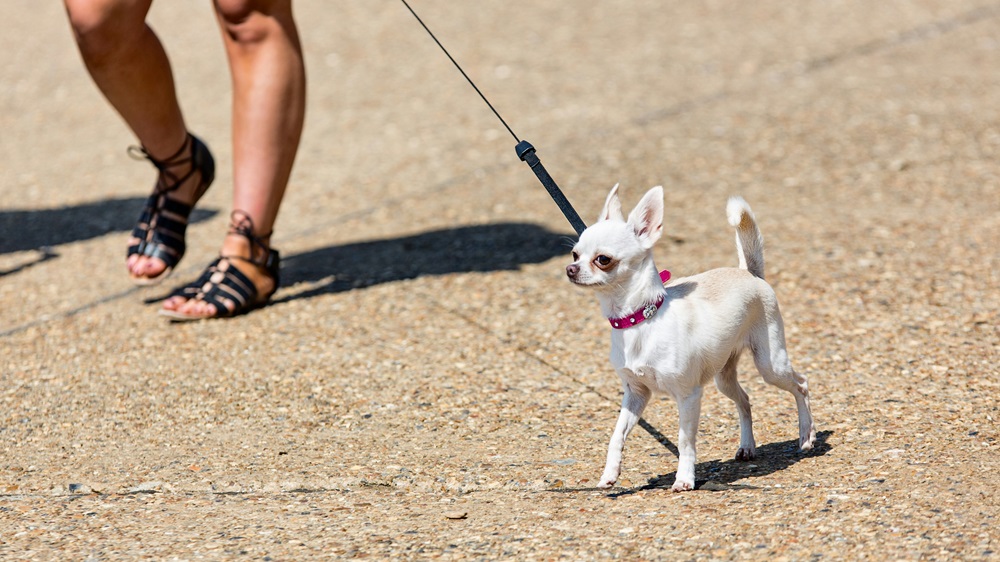
-
Cavalier King Charles Spaniel
This breed is known for their gentle temperament, but they can get picky about food. Owners should be aware of their tendency to become overweight, and this may influence their eating behavior.
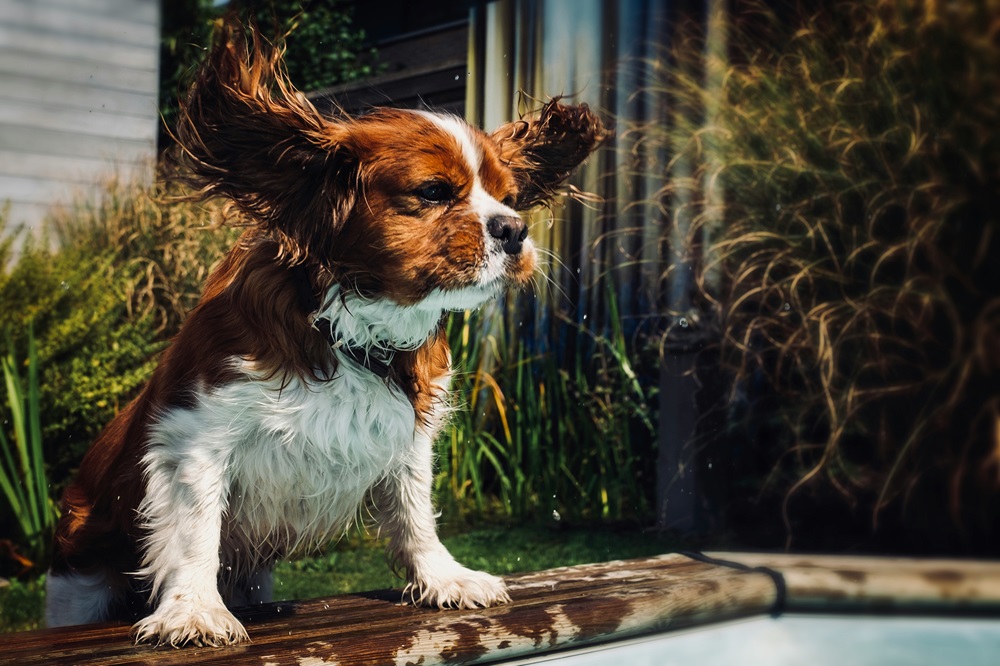
-
Bichon Frisé
Bichon Frisé are adored for their curly coats and playful personalities. However, these dogs can develop strong food preferences and become fussy.
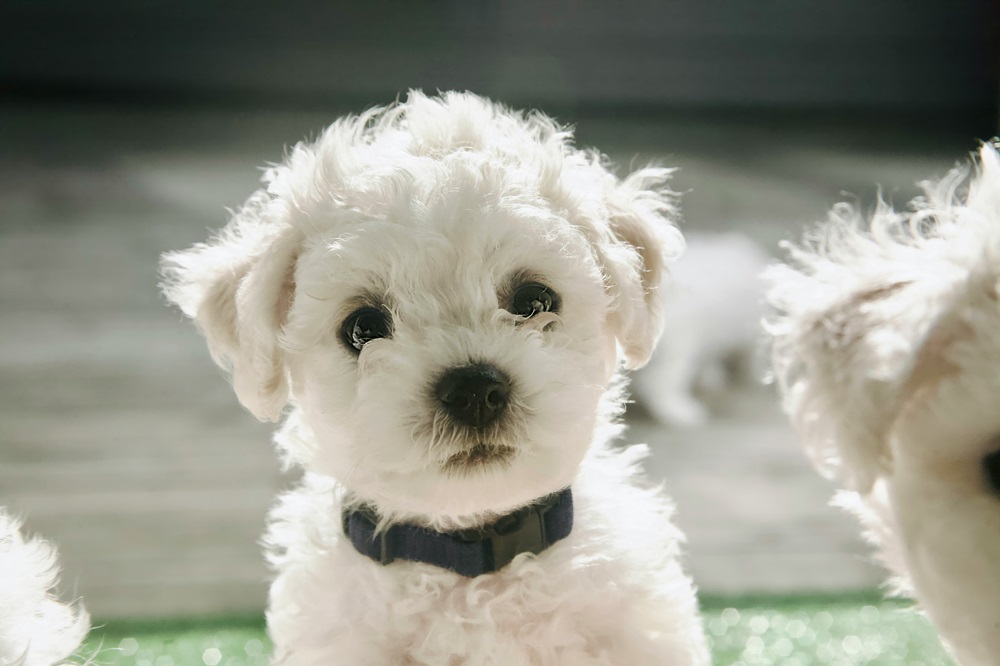
-
Basenji
Basenjis are known for their infrequent barking and for being quite independent. These dogs can be fussy eaters and have specific preferences.
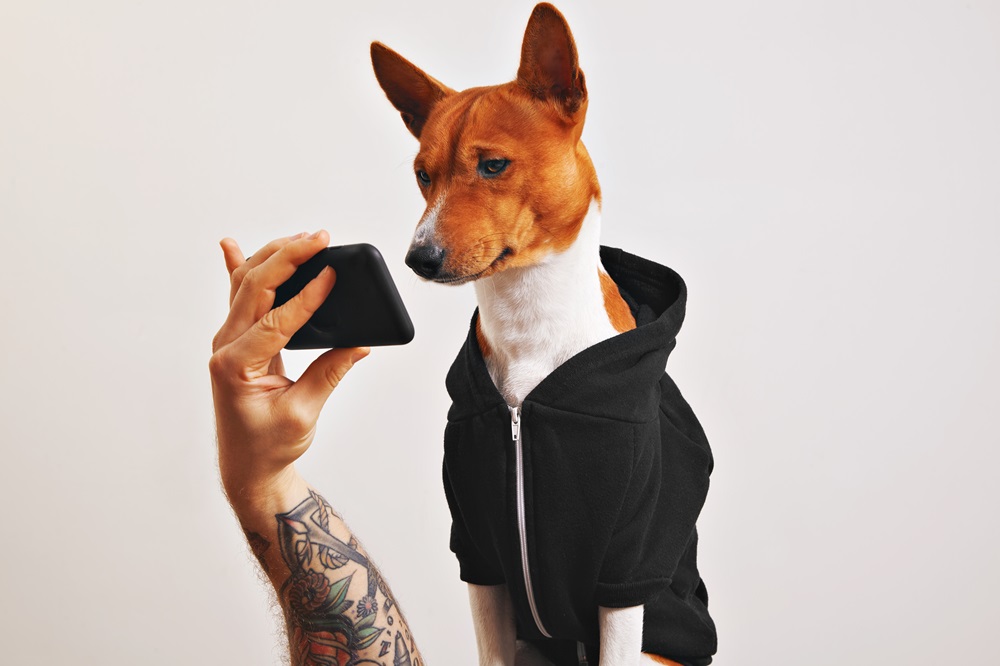
-
English Bulldog
Although not all English Bulldogs are picky eaters, some can develop difficult eating habits. Because of their specific facial anatomy, they may have difficulty eating certain types of food.
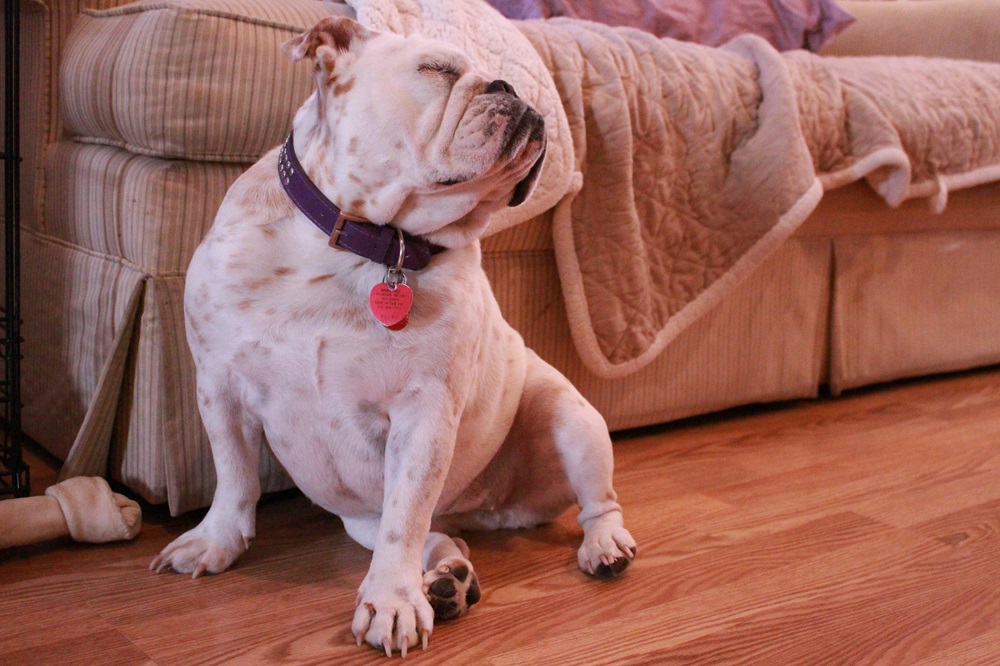
-
Whippet
Whippets, although they are fast and playful dogs, can become finicky about feeding. It is important to provide them with a balanced diet to meet their energy needs.
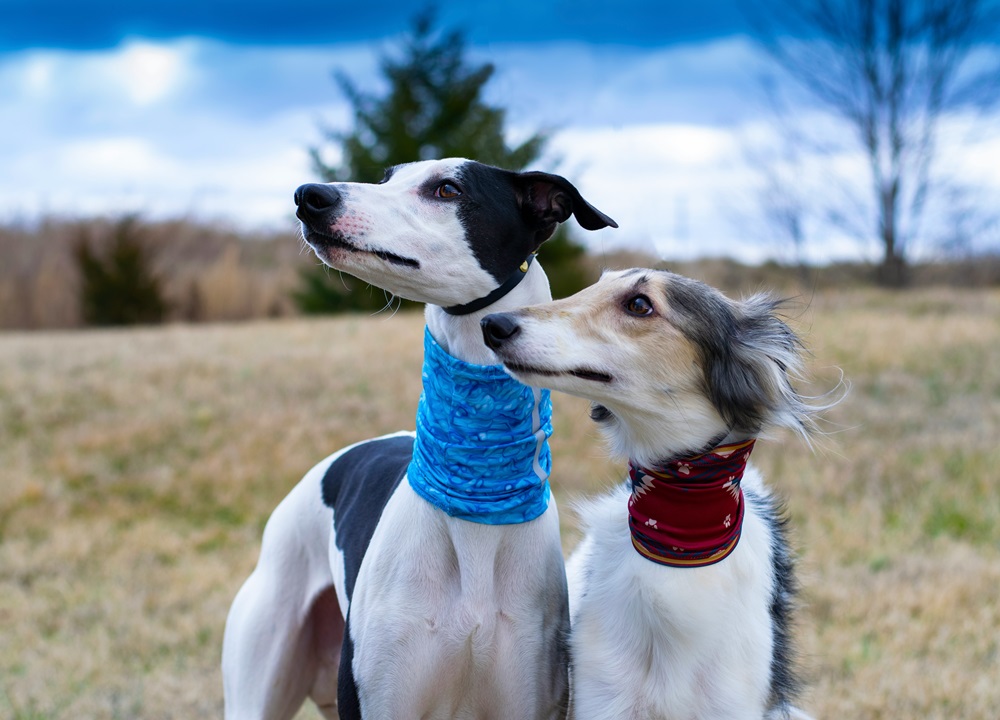
It is important to note that fussy behavior can vary depending on the individual dog and how it is trained and cared for. Regardless of the dog’s breed, consistent training, patience and providing a balanced diet can help manage fussy behavior.
7 simple tips
When it comes to caring for and training a dog, setting clear rules and being consistent in your approach is key to developing a happy and well-behaved companion. Like humans, dogs need structure and boundaries to understand how to behave in an acceptable manner. In this context, it is essential to take a leadership role and set consistent rules for the fluffy members of your family.
By applying appropriate methods, such as consistent rewards and punishments, training with basic commands, or socialization exercises, you will contribute to the formation of a balanced and confident dog in various situations.
Next, we’ll explore some essential aspects of dog training, guiding you on how to successfully address unwanted whims and behaviors. From potty training to regular vet visits, these strategies are meant to support the process of developing a harmonious and understanding relationship between you and your canine friend. By being aware of the individuality of each dog, you will be able to adjust your approach to suit the specific needs of your furry companion.
1. Set clear rules
Start by setting clear rules for your dog’s behavior. Dogs need structure and boundaries to understand how to behave. Set consistent rules and make sure the whole family follows them to avoid confusion.
2. Consistency in rewards and punishments
Use consistent rewards and punishments to teach dogs what is acceptable and what is not. An immediate reward after a desired behavior will teach them to repeat that behavior, while an appropriate punishment will deter unwanted behaviors.
3. Socialization exercises
Fussy dogs can often develop social anxiety or fear of strangers. By regularly conducting socialization exercises, you will help them become comfortable in various situations and in the presence of other people and animals.
4. Train them to sit on their own
Some dogs get cranky when left alone. Gradually train them to stay alone for short periods, gradually increasing the length of your absence. Use toys and rewards to entertain them and make them associate lonely moments with something positive.
5. Ignore unwanted behavior
In some cases, ignoring the unwanted behavior can be effective. If the dog gets attention when it misbehaves, it might repeat that behavior to get attention. Ignore them when they do something unacceptable and reward them when they behave well.
6. Training with basic commands
Give your dog training with basic commands like “stay,” “sit,” and “leave.” These commands not only give your dog structure, but also distract him from unwanted behaviors.
7. Regular visits to the veterinarian
Sometimes cranky behavior can be caused by health problems. Be sure to take your dog to the vet for regular visits to rule out any medical problems that may be contributing to his behavior.
Untraining fussy dogs takes time, consistency and patience on the part of owners. With a balanced approach, combining clear rules, training and rewards, you can help your dog develop balanced behavior and become a happy and well-behaved companion. Remember that every dog is different, so adjust strategies based on your pet’s individual personality and needs.

